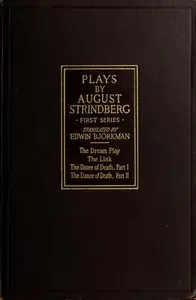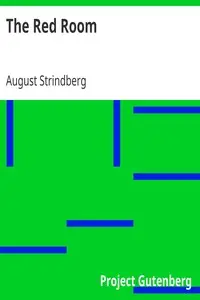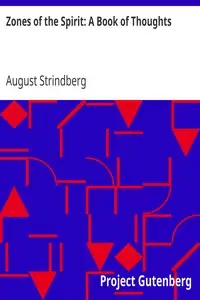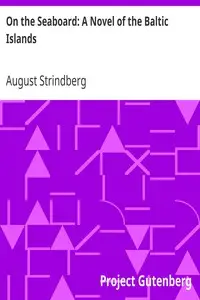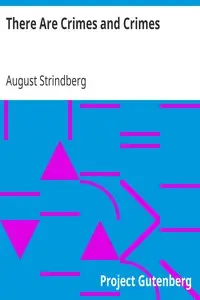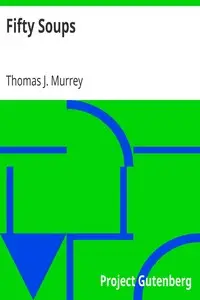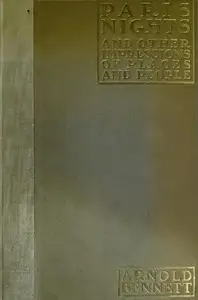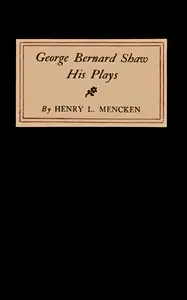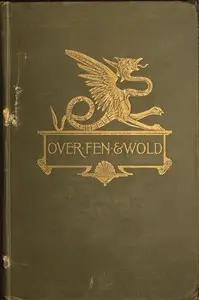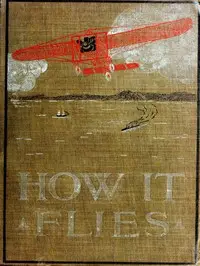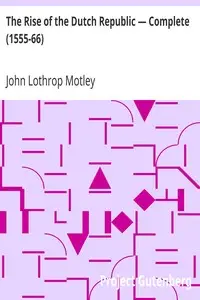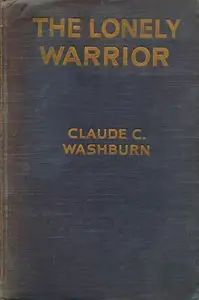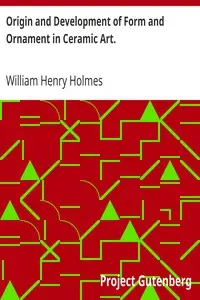"Master Olof: A Drama in Five Acts" by August Strindberg is a historical drama written during the late 19th century. The play explores the life and ideals of Master Olof, a key figure in the Swedish Reformation, as he navigates the tumultuous political and religious landscape of early 16th-century Sweden. Central to the narrative is Olof Pedersson, or Olaus Petri, who becomes embroiled in the conflicts between emerging Protestantism, Catholicism, and the feudal system, striving for spiritual and societal reform. The opening of the drama sets the stage at a cloister in Strängnäs, where Olof is depicted wrestling with his calling amidst the impending societal upheaval. He is urged by his peers and a mentor, Lars Andersson, to engage in the struggle for reform, igniting his passion for change. During a critical moment, Olof faces an internal conflict about challenging the established Church and the fear of becoming a renegade. The atmosphere is charged with tension, as he rings a bell calling people to worship despite an ecclesiastical prohibition. This pivotal act foreshadows his destined role as a leader in the Reformation, illustrating the clash between emerging ideologies and traditional beliefs, while introducing both personal and societal stakes that will unfold throughout the drama. (This is an automatically generated summary.)
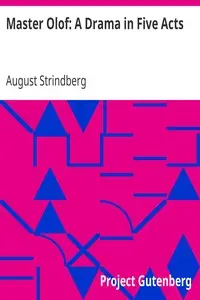
Master Olof: A Drama in Five Acts
By August Strindberg
"Master Olof: A Drama in Five Acts" by August Strindberg is a historical drama written during the late 19th century. The play explores the life and id...
Johan August Strindberg was a Swedish playwright, novelist, poet, essayist, and painter. A prolific writer who often drew directly on his personal experience, Strindberg wrote more than 60 plays and more than 30 works of fiction, autobiography, history, cultural analysis, and politics during his career, which spanned four decades. A bold experimenter and iconoclast throughout his life, he explored a wide range of dramatic methods and purposes, from naturalistic tragedy, monodrama, and historical plays to his anticipations of expressionist and surrealist dramatic techniques. From his earliest work, Strindberg developed innovative forms of dramatic action, language, and visual composition. He is considered the "father" of modern Swedish literature and his The Red Room (1879) has frequently been described as the first modern Swedish novel. In Sweden, Strindberg is known as an essayist, painter, poet, and especially novelist and playwright, but in other countries he is known mostly as a playwright.

